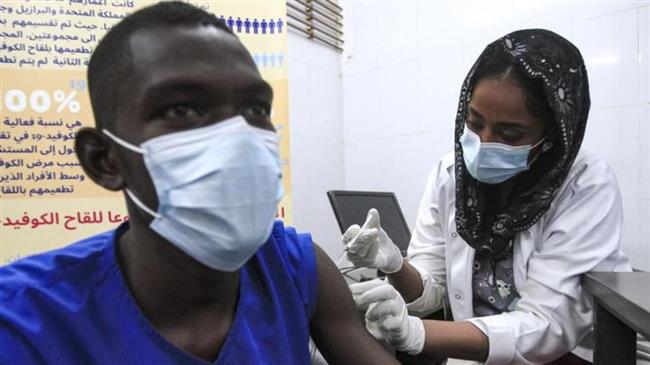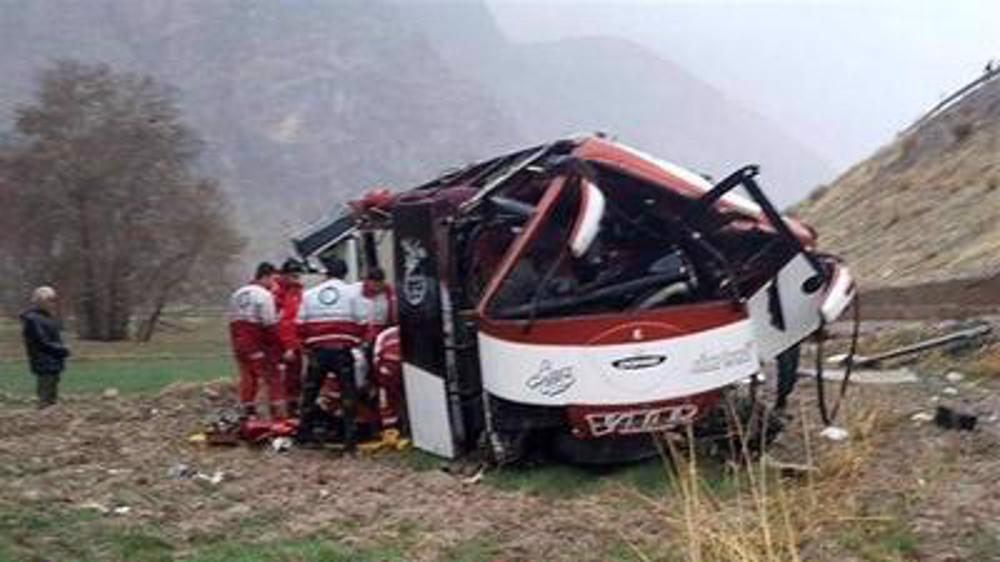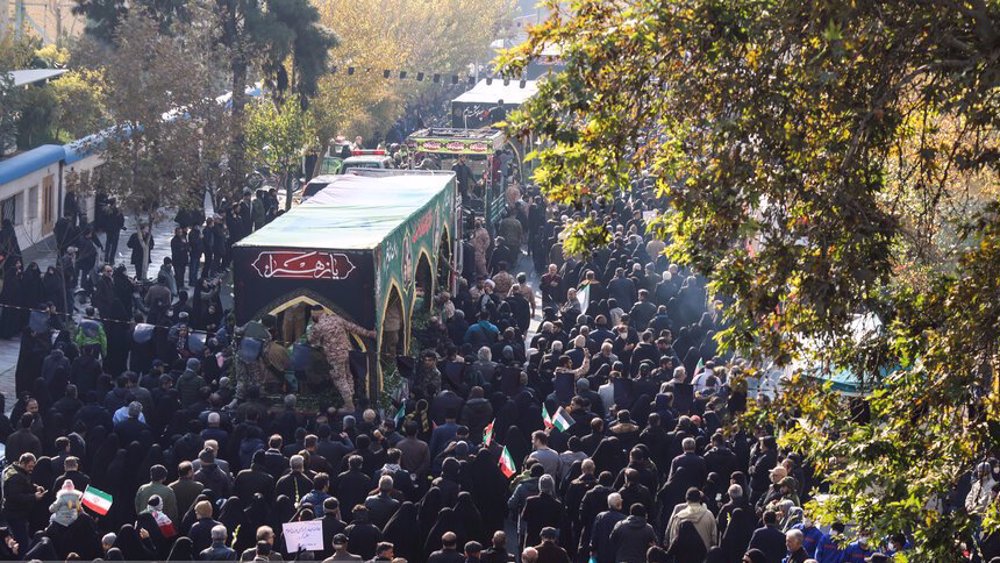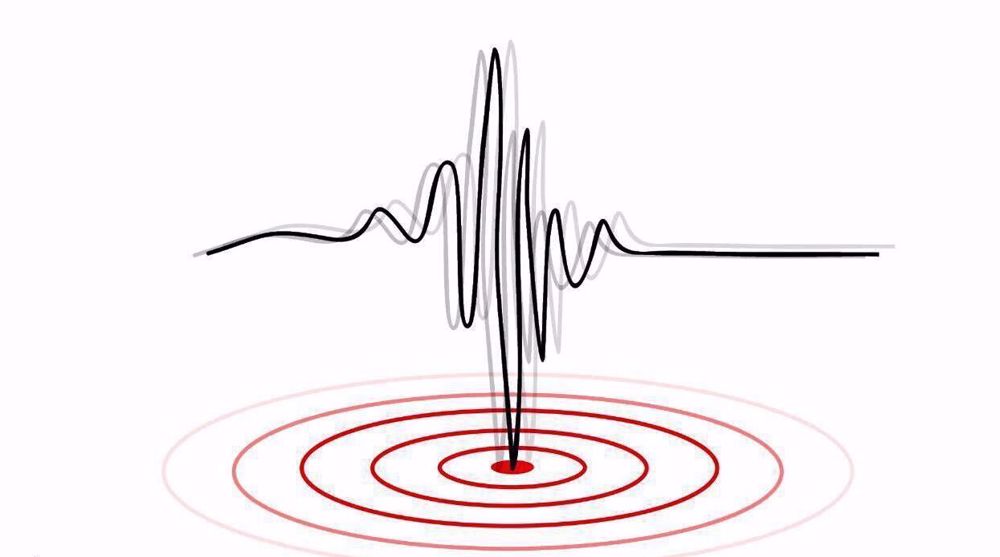G7 coronavirus vaccine pledge too little too late: WHO
The World Health Organization (WHO) and global health leaders say a pledge made by the Group of Seven (G7) largest economies to share a billion coronavirus vaccine doses with poorer countries is too little too late.
The G7, which is faced with outrage over disparities in access to COVID-19 jabs, vowed during a weekend summit in Britain to increase dose donations to over one billion despite warnings by experts that more than 11 billion shots were needed.
"We welcome the generous announcements about donations of vaccines and thank leaders... but we need more, and we need them faster," WHO chief Tedros Adhanom Ghebreyesus said in a statement on Sunday.
Many wealthy countries are enjoying a return to a sense of normalcy thanks to high vaccination rates but the shots remain scarce in less well-off parts of the world.
Carl Bildt, the WHO's special envoy for the ACT Accelerator program to expedite production and access to coronavirus vaccines, said one billion doses was far from enough.
As for doses administered, the imbalance between the G7 and low-income countries has been reported 73 to one, and many of the donated doses go through a filtration process through COVAX, a global body tasked with ensuring equitable access to COVID-19 vaccines.
"To truly end the pandemic, our goal must be to vaccinate at least 70 percent of the world's population by the time G7 meet again in Germany next year," the former Swedish prime minister said on Twitter.
"This can be done with the support of the G7 and G20, together. To do that, we need 11 billion doses."
Moreover, health observers have stressed the need to quickly resolve the issue of coronavirus vaccine patent protections and boost production to better contain the pandemic.
The G7 leaders "say they want to vaccinate the world by the end of next year, but their actions show they care more about protecting the monopolies and patents of pharmaceutical giants," lamented Max Lawson, Oxfam's head of inequity policy.
"Focusing on vaccines and making charitable donations are not enough," Aruna Kashyap, the Human Rights Watch's senior counsel for business and human rights, told AFP. "The G7's failure to unequivocally support a temporary waiver of global intellectual property rules is deadly status quo."
The WHO also highlighted the dire need for funds to overcome the pandemic as more than $16 billion was projected to be needed to fully finance the ACT Accelerator this year alone.
‘All wars have rules. All of those rules have been broken’ by Israel
VIDEO | Report flags India’s violation of rights of Rohingya detainees
Turkey's foreign minister meets Syria's de facto leader in Damascus
'Next to impossible' to rescue patients from Gaza's Kamal Adwan Hospital: Director
VIDEO | Vietnam current prosperity
Report blames gasoil exports for shortage at Iranian power plants
VIDEO | Hind Rajab Foundation names Israeli war criminals vacationing after Gaza genocide
VIDEO | Australians rally for Gaza ahead of Christmas festivities











 This makes it easy to access the Press TV website
This makes it easy to access the Press TV website